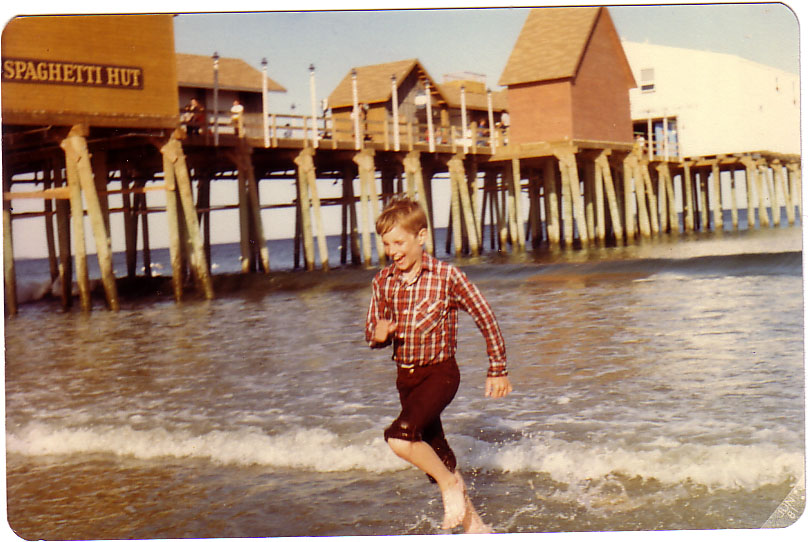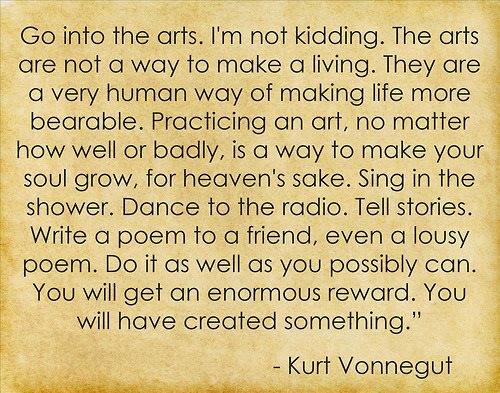Over the past six months, I’ve been developing an approach to educational consulting, that I think has made me a better teacher. One client in particular has given me an opportunity to see stories in a whole new way, as we have worked together for two months building a theatre arts curriculum geared towards middle school and high school students.
The unit that I enjoyed the most is the one on playwriting, which we have titled “The Play’s the Thing.” In this unit, we explore playwriting through the lens of “The Hero’s Journey,” the archetypal path traversed by the protagonist in most conventional narratives. The book we studied together is called The Writer’s Journey by Christopher Vogler.

Traditionally, plays and screenplays are organized into three acts. The first act involves exposition, where we learn about the characters’ lives, histories, gifts and flaws. The second act involves conflict wherein the main character is set against external forces (people, circumstances) that keep him/her from achieving some objective. The third act involves resolution, in which the conflict comes to a close in some way and the objective is either achieved or tossed aside in favor of a more enlightened objective.
But, the Hero’s Journey offers a deeper more meaningful template for storytelling. In the curriculum we have been building, we divided the 12 phases of the journey into three parts and correlated them with the traditional three-act structure. What we discovered is that the individual phases of the Hero’s Journey become very much alive in each act and help to place exposition, conflict and resolution in a broader and more detailed context.
I will return to this topic in a later post, but i want to introduce the reader to the Hero’s Journey for reference. Below is a brief description of the phases. Most of the writing below is copied directly from Chrisopher Vogler’s website.
Act I (Exposition)
1. THE ORDINARY WORLD. The hero, uneasy, uncomfortable or unaware, is introduced sympathetically so the audience can identify with the situation or dilemma. The hero is shown against a background of environment, heredity, and personal history. Some kind of polarity in the hero’s life is pulling in different directions and causing stress.
2. THE CALL TO ADVENTURE. Something shakes up the situation, either from external pressures or from something rising up from deep within, so the hero must face the beginnings of change.
3. REFUSAL OF THE CALL. The hero feels the fear of the unknown and tries to turn away from the adventure, however briefly. Alternately, another character may express the uncertainty and danger ahead.
4. MEETING WITH THE MENTOR. The hero comes across a seasoned traveler of the worlds who gives him or her training, equipment, or advice that will help on the journey. Or the hero reaches within to a source of courage and wisdom.
Act II (Conflict)
5. CROSSING THE THRESHOLD. At the end of Act One, the hero commits to leaving the Ordinary World and entering a new region or condition with unfamiliar rules and values.
6. TESTS, ALLIES AND ENEMIES. The hero is tested and sorts out allegiances in the Special World.
7. APPROACH. The hero and newfound allies prepare for the major challenge in the Special world.
8. THE ORDEAL. Near the middle of the story, the hero enters a central space in the Special World and confronts death or faces his or her greatest fear. Out of the moment of death comes a new life.
9. THE REWARD. The hero takes possession of the treasure won by facing death. There may be celebration, but there is also danger of losing the treasure again.
Act III (Resolution)
10. THE ROAD BACK. About three-fourths of the way through the story, the hero is driven to complete the adventure, leaving the Special World to be sure the treasure is brought home. Often a chase scene signals the urgency and danger of the mission.
11. THE RESURRECTION. At the climax, the hero is severely tested once more on the threshold of home. He or she is purified by a last sacrifice, another moment of death and rebirth, but on a higher and more complete level. By the hero’s action, the polarities that were in conflict at the beginning are finally resolved.
12. RETURN WITH THE ELIXIR. The hero returns home or continues the journey, bearing some element of the treasure that has the power to transform the world as the hero has been transformed.











